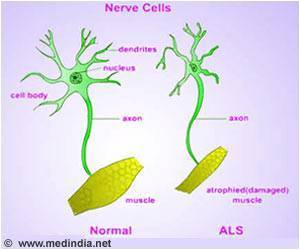Over the past few decades, islet transplantation has become a potential choice of treatment for type 1 diabetes. This study has shed light on new paths to
to deliver an immunosuppressive drug regimen (commonly used immunosuppressant rapamycin).
This may help target specific cells related to the transplant without suppressing wider immune responses.
“This approach can be applied to other transplanted tissues and organs, opening up new research areas and options for patients. We are now working on taking these very exciting results one step closer to clinical use,” says Guillermo Ameer, the Daniel Hale Williams professor of biomedical engineering at McCormick and Surgery at Feinberg and director of the Center for Advanced Regenerative Engineering (CARE).
Source: Medindia



